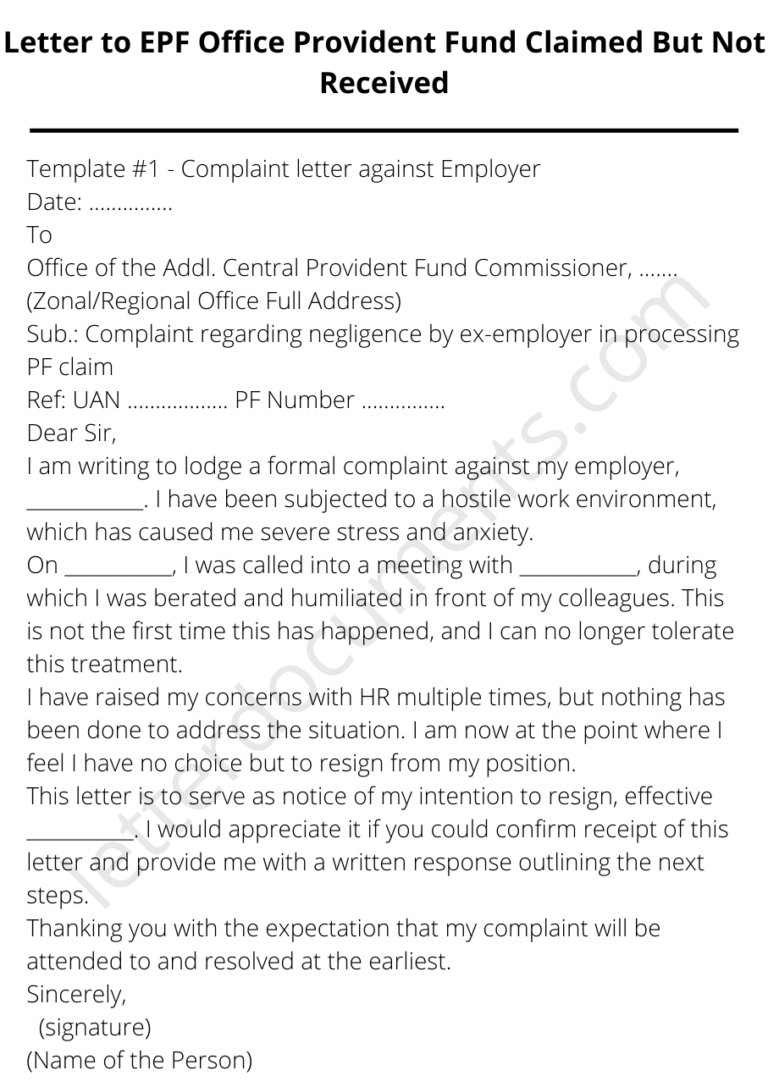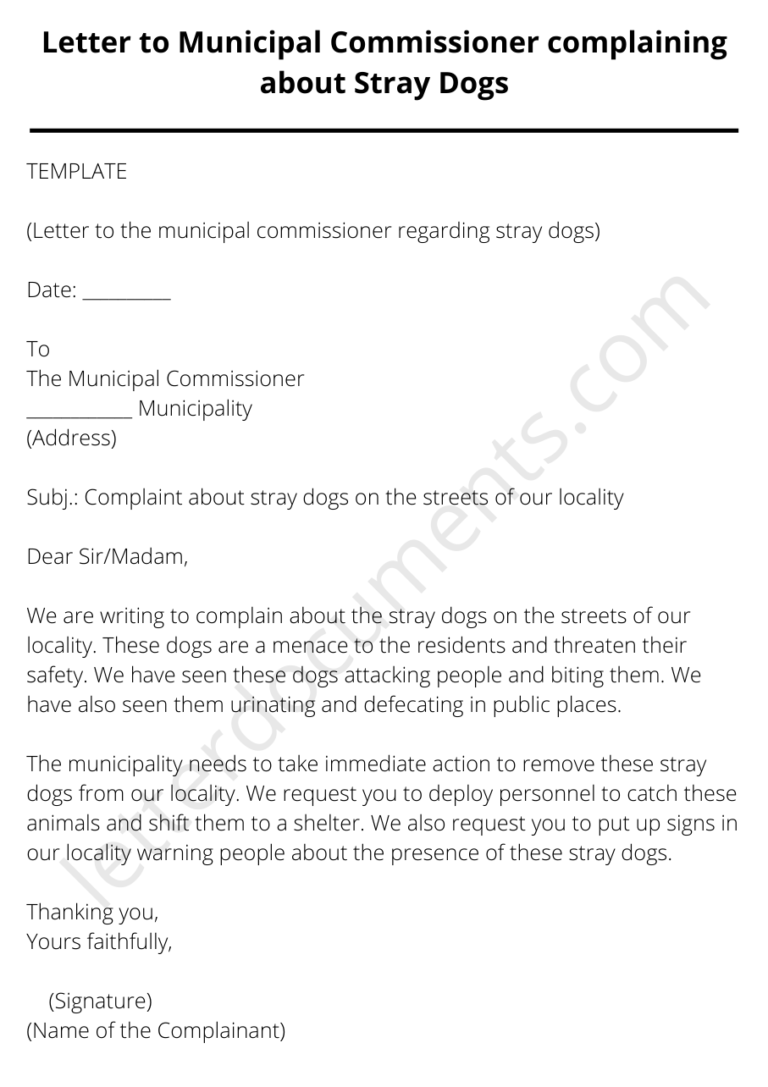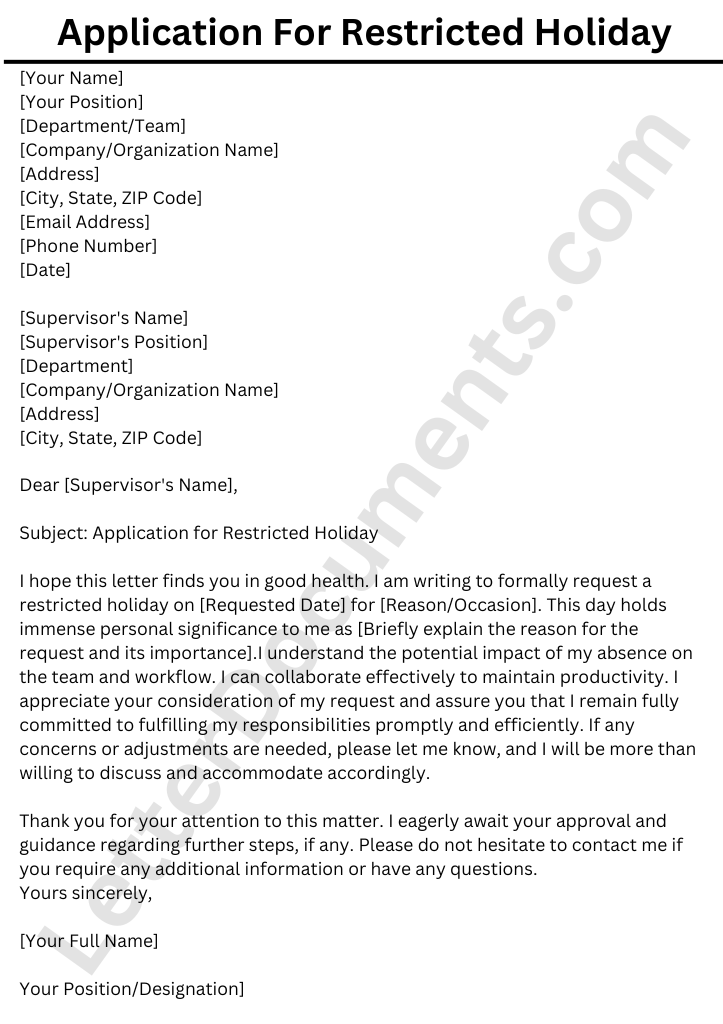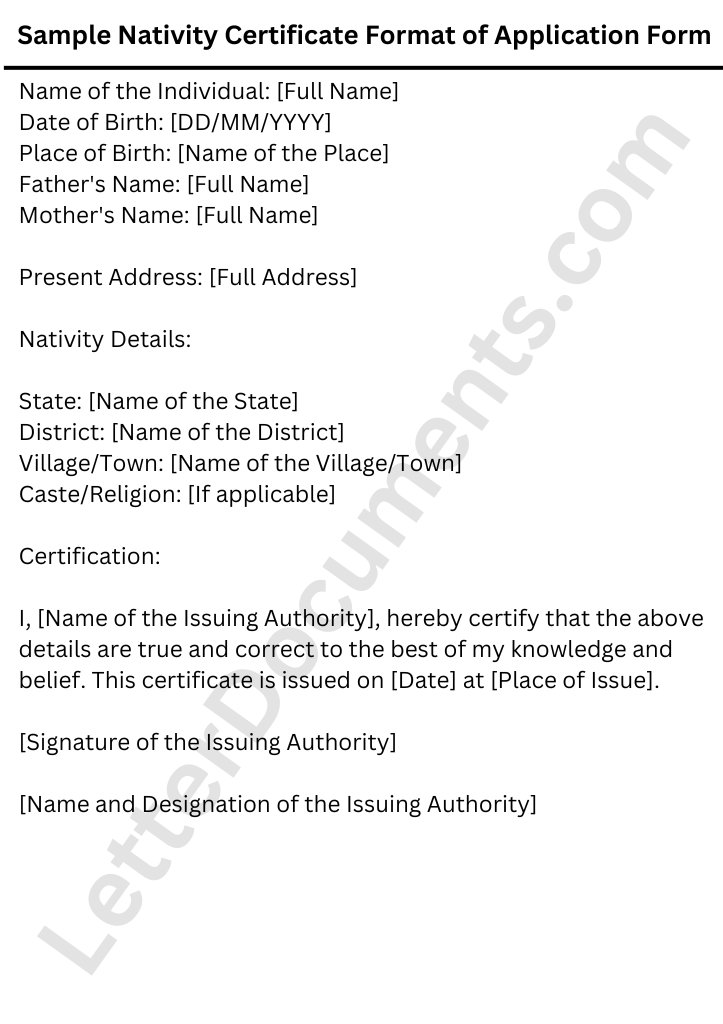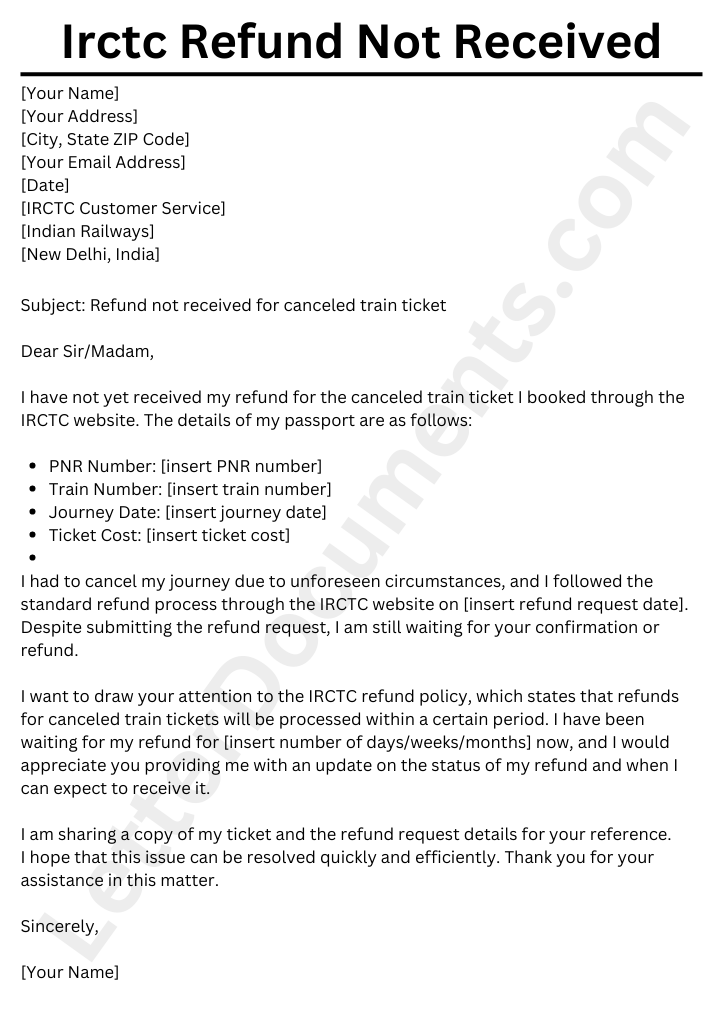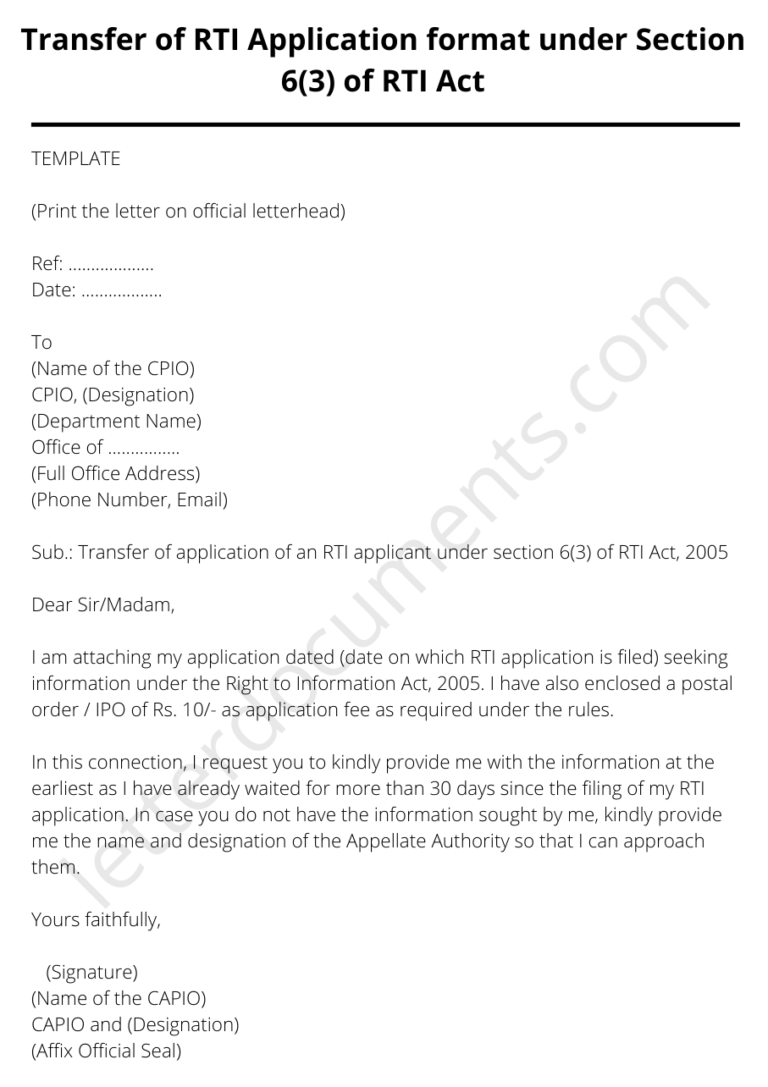Sample Complaint Letter to the Police for Land Encroachment
If you wish to file a complaint with the police for land encroachment, there are a few things you will need to keep in mind. First, it is essential to have evidence of the encroachment. This can include pictures, witness statements, or other documentation showing that someone is illegally occupying your property.
Next, you must contact your local police department and explain the situation. Be sure to provide them with the evidence you have collected so they can properly investigate the matter.
Finally, be prepared to answer any questions about the complaint and provide any additional information they may request. By following these steps, you can ensure that your complaint is filed correctly and that the police have all the information they need to investigate the matter.
Similar post: Mobile Lost Complaint Letter to Police
Complaint Letter for Encroachment: Protecting Your Rights and Seeking Resolution
Introduction
Encroachment is a matter of concern that affects numerous individuals and communities. When someone unlawfully occupies or intrudes upon another person’s property, it can lead to disputes and conflicts. In such situations, writing a well-crafted complaint letter can be a powerful tool to address the issue formally and seek a resolution. This article aims to provide a comprehensive guide on how to write an effective complaint letter for encroachment, including sample formats, tips, and important considerations.
Understanding Encroachment
Before delving into the specifics of crafting a complaint letter, it is crucial to understand encroachment clearly. Encroachment occurs when a person, entity, or structure unlawfully occupies or trespasses upon someone else’s property. It can involve various types of encroachments, such as unauthorized construction, boundary violations, or the occupation of public spaces without proper permission.
Encroachment can lead to various issues, including property damage, infringement of privacy, and the disruption of peaceful enjoyment of one’s premises. When faced with encroachment, addressing the matter promptly and assertively to protect your rights is essential.
Importance of a Complaint Letter
A well-crafted complaint letter is an official document that conveys your grievances and demands appropriate action from the responsible parties. It provides a formal record of the encroachment issue, which can be essential if legal actions need to be pursued.
Additionally, a complaint letter demonstrates your commitment to resolving the matter amicably. By outlining the details of the encroachment and explaining the adverse impacts it has caused, you present a strong case for the involved parties to rectify the situation.
Writing a Complaint Letter for Encroachment
1. Clear and Concise Formatting
When composing your complaint letter, presenting the information clearly and concisely is essential. Start by using a professional tone and addressing the letter to the appropriate party, such as the property owner or relevant authorities.
2. Accurate Description of the Encroachment
Begin the letter by clearly describing the encroachment issue. Include specific details such as the location of the encroached area, the type of encroachment, and any relevant dates or incidents that highlight the problem.
3. Documenting Evidence
Support your claims by providing concrete evidence of the encroachment. This may include photographs, property surveys, or other relevant documentation substantiating your complaint. Make sure to have copies of these materials with the letter or reference them as attachments.
4. Impact Statement
Describe the adverse impacts the encroachment has caused, emphasizing how it has affected your property rights, daily life, or property value. Be clear and concise while conveying the emotional and practical consequences of the encroachment.
5. Demanding Action
State your expectations clearly and assertively. Specify the actions you believe should be taken to rectify the encroachment, such as removing the unauthorized structure, restoring the boundary, or compensating for damages incurred.
6. Offering Solutions
While asserting your demands, proposing feasible solutions to the encroachment issue is also beneficial. This shows your willingness to engage in constructive dialogue and reach a mutually agreeable resolution.
7. Politeness and Professionalism
Maintaining a polite and professional tone throughout the letter is essential. Despite your frustration or anger, it is important to remain respectful and avoid using offensive language. This helps to establish credibility and increases the likelihood of a positive response from the recipient.
Similar Post: Passbook Lost Application to Police
TEMPLATE
Date: ________
To
The Officer-in-charge / The Superintendent
__________ Police Station
(Address)
Sub.: Complaint regarding land encroachment.
Dear Sir/Madam,
I am writing this letter to complain about the land encroachment by my neighbor. The piece of land in question is my property, and my neighbor has been gradually creeping on it for the past few months. I have repeatedly asked him to stop, but he has ignored my requests.
I have attached photographs of the most recent encroachment to this letter. As you can see, my neighbor has erected a fence on my property without my permission. This fence has caused me a great deal of inconvenience, as it blocks access to part of my land.
I request that you act against my neighbor and remove the fence he has erected on my property. I would also like to request that you take action against him for the previous instances of encroachment.
Thank you for your time and attention to this matter.
Yours sincerely,
(Signature)
(Name of the Complainant)
Mob. __________
Conclusion
A well-structured complaint letter for encroachment is crucial in addressing the issue effectively and seeking a resolution. You create a compelling case that demands attention by clearly describing the encroachment, documenting evidence, stating the impact, and demanding appropriate action. Remember to maintain a polite and professional tone throughout the letter to increase the likelihood of a positive response.
In situations involving encroachment, it is advisable to consult with legal professionals or local authorities for guidance on the steps to take. They can provide valuable advice based on your jurisdiction’s applicable laws and regulations.
Addressing encroachment promptly and assertively protects your property rights and contributes to maintaining harmonious communities and upholding the principles of fairness and justice. By following the guidelines and utilizing the sample complaint letter format provided in this article, you can articulate your grievances effectively and work towards resolving the encroachment issue satisfactorily.
Every situation is unique, and adapting the sample format to fit your circumstances is essential. We hope this article has provided valuable insights and guidance to help you navigate the process of addressing encroachment through a well-written complaint letter.

